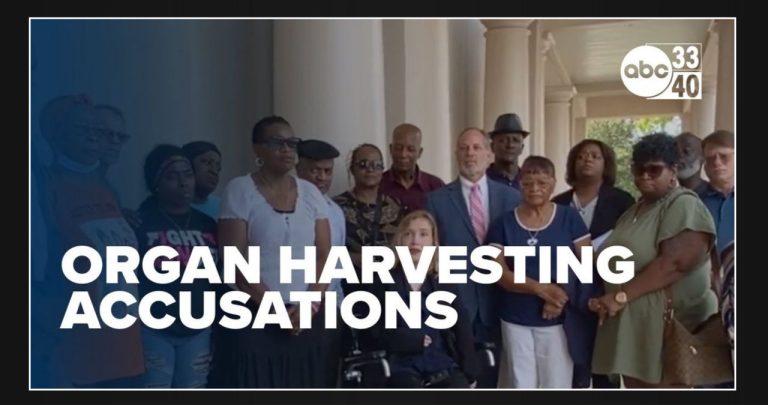Aaron Cody Smith, a former police officer from Montgomery, is currently contesting his conviction for manslaughter in 2019. The charges were brought against him for the shooting of Gregory Gunn, which took place in 2016 and resulted in Gunn’s death.
According to sources, Smith’s legal team has recently filed a petition known as “Rule 32” to the court. This petition provides an opportunity for a defendant to contest their conviction in the same court where they were initially convicted. It is usually filed after the defendant’s appeals have been exhausted, and their conviction stands as final.
In December, the Alabama Supreme Court denied his appeal to overturn the conviction, which prompted the latest filing. However, it is worth noting that some of the justices expressed concerns about the effectiveness of his counsel, which could potentially pave the way for post-conviction relief in the future.
According to reports, Smith is currently disputing his conviction on six different grounds, with a significant portion of his argument being that he was not provided with adequate legal representation during his trial.
There are various areas within the premises, which include:
- Trial counsel was ineffective for failing to call Ron Kiker, a defense expert, to testify about several critical issues at trial or for failing to adequately discuss with Mr. Smith to call Kiker.
- Trial counsel’s failure to object to improper hypothetical questions to police officers testifying as lay witnesses compounded the failure to call Ron Kiker as a defense expert on police training and use of force.
- Trial counsel rendered further ineffective assistance of counsel by failing to call witnesses who would have contradicted the State’s law enforcement witnesses.
- Mr. Smith was deprived of his fundamental right to effective assistance of counsel due to trial counsel’s failure to request appropriate jury instructions.
- Mr. Smith was deprived of his fundamental right to effective assistance of counsel due to trial counsel’s failure to object to improper and misleading language added to the pattern instruction on self-defense.
- Mr. Smith was deprived of his fundamental right to effective assistance of counsel due to trial counsel’s failure to challenge Mr. Smith’s the sufficiency of the evidence supporting specific intent to kill.
Alabama will be given an opportunity to provide a response to the petition submitted.
At present, Smith is incarcerated in the Limestone Correctional Facility, serving the entirety of his 14-year prison sentence.
More News:
- NYC Lottery Program Offers Affordable Apartments with Rent Starting at $730/mth in New Development
- Top 10 Most Safest Neighborhoods in Pittsburgh



